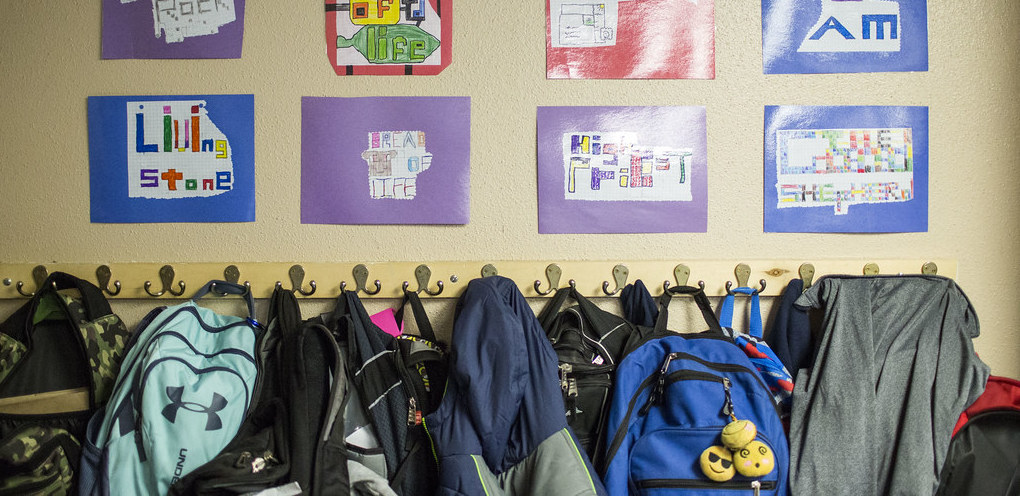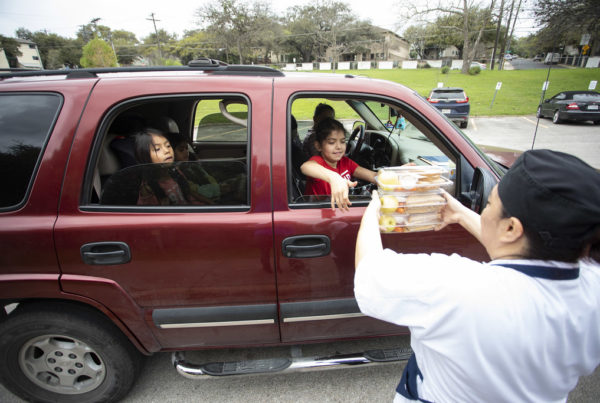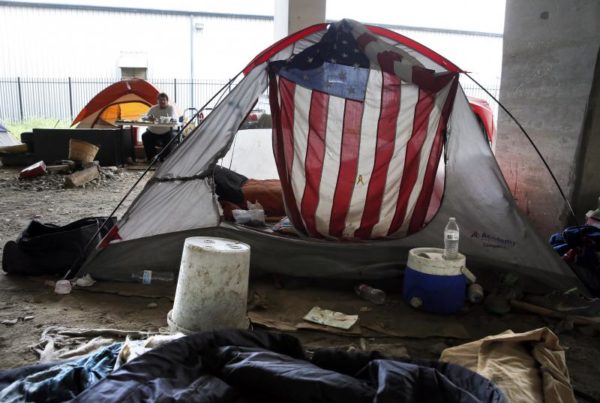The future of the school year in Texas is uncertain, but what kids and parents are experiencing now isn’t just one long spring break. For some little ones who are used to play dates and fun, uncertainty about the future, changes in routine and missing their friends can all take a toll. So how do you talk to your kids about coronavirus without alarming them?
Jeff Temple is a professor and psychologist at the University of Texas Medical Branch in Galveston. He says being honest and sharing accurate information with children is important.
“Kids are a lot smarter than we think,” Temple says. “They’re consuming the same information we’re consuming. They’re overhearing our conversations. They’re picking up on our anxieties.”
Using language that’s appropriate for a child’s age is a good way to walk the line between being honest and scaring them.
Just as continuously consuming news and information about the coronavirus isn’t healthy for adults, Temple says it can be harmful to kids, too. It’s possible to be honest about what is happening without exposing children to all of the potentially scary information about death and illness that’s available right now.
“There’s no reason that, especially young kids, need to hear that over and over about statistical counts about who’s dying and how many people are dying,” Temple says.
For older kids, conversation about impacts of the virus … can be appropriate, along with discussion of who is at greater risk for contracting COVID-19.
“It’s pretty rare for kids to get infected with this illness, especially [to become] severely ill,” Temple says.
Also, the limits that many parents impose on daily screen time for kids might need to be relaxed, Temple says.
“As a psychologist … I would give permission to parents to throw the screen time rules out the window for the next couple months,” he says.
Practicing healthy coping skills can help kids and adults deal with stress and anxiety. They include deep breathing exercises and mindfulness activities, as well as parents simply being present for kids who need to talk.
Temple suggests letting kids take virtual field trips online, and even going outside, as long as they practice social distancing. All of that can help provide distraction and relief from boredom.
Temple says reminding kids to wash their hands, cough into an elbow and to maintain a safe distance can do more than limit the spread of the virus. Taking those actions helps kids take responsibility for keeping themselves and their families safe.
Written by Shelly Brisbin.














